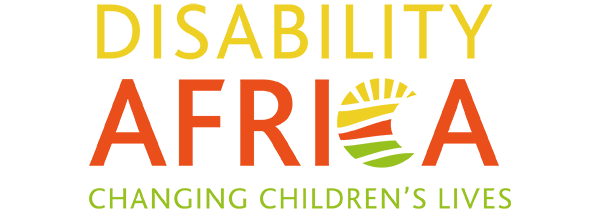Disability Africa establishes programmes which recognise a view of the Social Model of Disability in which we distinguish between the words “impairment” and “disability”.
We have discussed this issue with many disabled people who believe that the most appropriate and useful view of ‘disability’ is that offered by the ‘Social Model’ that understands that “Impairment” and “Disability” are not the same.
We define an impairment as being the condition which an individual might have, which limits their capability. We think this is very different from the word ‘disability’ which the Social Model defines as any influence embedded in society, which prevents a person with an impairment realising their full potential.
This distinction between the two words is helpful because it focusses our attention where the problem actually exists.
Where actually is the problem? Is it the person’s impairment, or the ignorance, stigma, and unequal opportunities and services provided by the society in which that person lives? In other words, we need to notice that it is society which disables a person and so THAT is where we need to put most of our attention.
If we confuse the meaning of disability by saying a person has disabilities then it is the person that is the problem – this is the ‘medical model’ or ‘individual model’ which still exists in most people’s minds today. It is the view which allows the rest of society off the hook. It allows them to say things like:
“It is the person that needs fixing – if they can’t be ‘cured’ they can’t join in.”
“It’s not my fault if they are disabled”
“I can’t help it if they can’t get into the office”
“I can’t teach them if they can’t understand.”
All those attitudes are DISABLING a person who might be completely capable of working in an office or going to school.
So our understanding is that a person is disabled if society is excluding them or stigmatising them in some way. So we have, people ‘disabled by society’ and ‘people with impairments’. For this reason (if we are going to use the word disabled) we prefer the expression “disabled person” and avoid the confusing term, “people with disabilities”.
We understand that many people have voiced the view that “People with Disabilities” is more respectful because it puts the word “people” first. But if you understand that disability is NOT something a person can HAVE but is something that Society DOES TO a person then the term “disabled person” is completely respectful and acknowledges that society is the source of difficulties for that person. It is also more respectful because it points to an acknowledgement that that person deserves to be INCLUDED.
To improve the lives of disabled children, we need to acknowledge the day-to-day barriers that disable them and their families when trying to access a normal life within their communities. The child is not disabled by their impairment but by others (by society) – by the people and the institutions who exclude the child.
When we understand that we have the power to disable a child then we understand who has the responsibility to fix the problem – to change our attitudes and to provide the services – it’s you and me, us.
